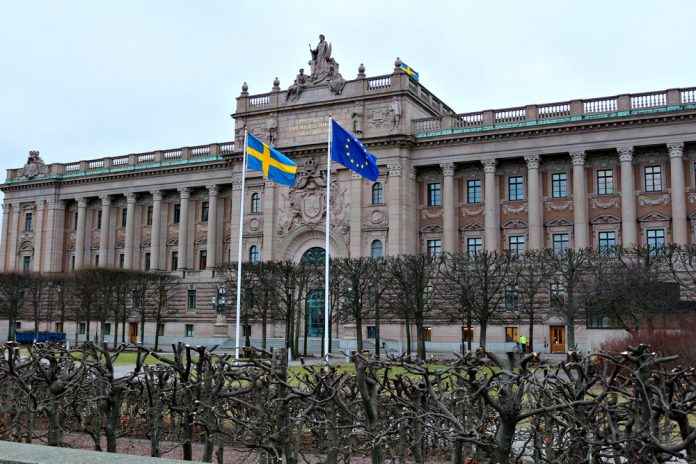The Swedish Election has resulted in a deadlock, with an almost tie between the country’s two political blocs.
The centre-left coalition is marginally ahead of the centre-right Alliance, with around 40 percent of the vote each.
Meanwhile, the nationalist Swedish Democrats secured 18 percent of the vote, an increase from 12.9 percent in the previous election.
With no party receiving a decisive majority, the new government will have to be formed of a cross-bloc alliance, including the Swedish Democrats.
However, both parties have refused to form a coalition with the controversial Swedish Democrat party, plunging the country into a period of political uncertainty.
Whilst Sweden is a country accustomed to coalitions given its proportional representation electoral system, the far-right Swedish Democrat party have never commanded influence due to their decidedly extremist views.
The current Prime Minister, Kjell Stefan Löfven, has refused to resign, urging instead for cooperation across all parties.
Mr Löfven commented:
“The Sweden Democrats can never, and will never, offer anything that will help society. They will only increase division and hate.”
The Swedish Democrats campaigned on an anti-immigration platform, correlating stricter immigration policies with less pressure upon welfare services.
According to figures, Sweden took in the highest per capita number of migrants of all the European countries during the height of the refugee crisis back in 2015.
During an election rally over the weekend, Swedish Democrat leader Jimmie Åkesson argued that the country had neglected its citizens as a result.
He said:
“This government we have had … have prioritised, during these four years, asylum-seekers.”
The party also have advocated withdrawal from the European Union, pushing for a so-callled ‘Swexit’.
The party have even called for a referendum to decide the issue, drawing inspiration from the UK’s decision to initiate Brexit back in 2016.
The surge in support for populist parties in Europe is not limited to Sweden and the UK, however.
In recent years, the Five Star and the right-wing League recently formed a coalition in Italy. In 2017 the far-right Alternative for Germany won 12.6 percent of votes, and The Danish People’s Party won 21 percent back in 2015.
The Swedish Election seems to be the latest of the tide of populism that has swept the continent in recent years.

